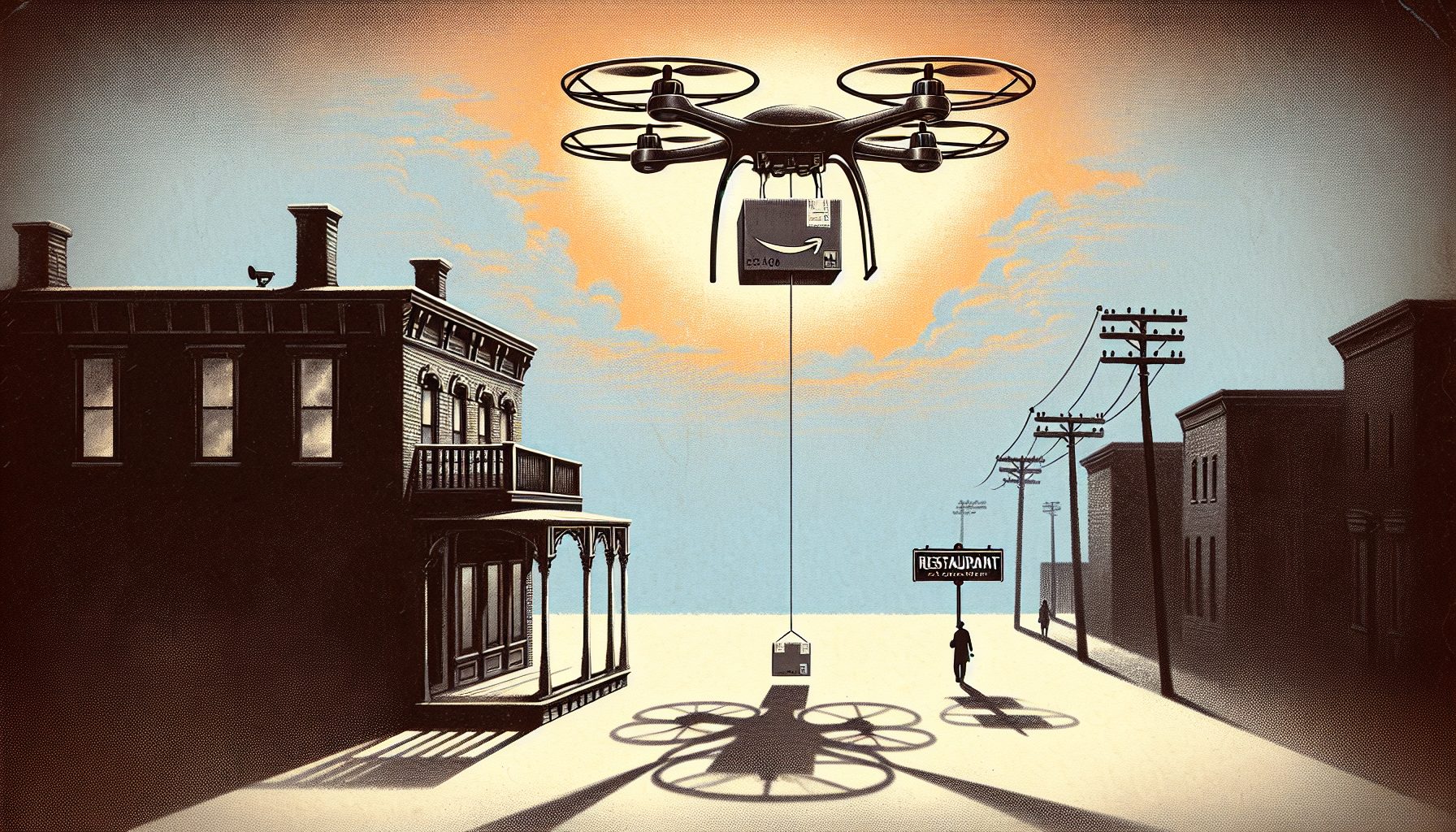
But Cisco lacks a long history in voice communications and must fight perceptions that it’s a phone neophyte. Moreover, for some customers, having a single provider for both voice and data equipment is actually a deterrent.
Last July, Merrill Lynch—an early and much-touted telephony win for Cisco—retired the Cisco voice infrastructure at a New Jersey facility and put in Avaya IP-telephony servers instead. The brokerage firm had become increasingly concerned about “putting all of our eggs in one basket,” a company spokesman was quoted as saying at the time. (Cisco and Merrill Lynch would not comment about the project.)
And because it sells only IP-based telephony systems, Cisco must convince companies to adopt an entirely new phone infrastructure—the usually undesirable procedure known as a “forklift upgrade.” But the data giant is clearly becoming more successful at making its case.
For example, Ingersoll-Rand was surprised to discover that replacing the Avaya voice system at its Huntersville, N.C., office made financial sense. “Cisco talked us into doing a forklift ROI [return on investment] study,” says Damon Cahill, director of infrastructure strategy. “We didn’t imagine we’d do that, but we ran the numbers and it ended up being cost-effective.” Over five years, Ingersoll-Rand estimates it will save $1.17 million with the Cisco gear, compared with the cost of using the Avaya voice and messaging systems and AT&T teleconferencing services.
Other Cisco phone customers switched after already deciding to abandon older voice systems or services. By handling call-processing itself with Cisco equipment, the city of Mississauga, in Ontario, Canada, saves around $530,000 per year ($700,000 Canadian) compared with what it was paying Bell Canada for direct-dial Centrex service, says Jack Lawrence, Mississauga’s director of information technology. The total project, which included 2,300 Cisco phones, cost $2.4 million (C$3.2 million), resulting in a five-year payback. “The savings on the line costs are tremendous,” Lawrence says. “It was very easy to build a business case for this.”
Cisco Systems
170 West Tasman Drive,
San Jose, CA 95134
(408) 526-4000
www.cisco.com
Ticker: CSCO (NASDAQ)
Employees: 34,093
Marthin De Beer
VP/GM, IP Communications Business Unit
Responsible for converged-network products for large enterprises. Previously, he was general manager of Cisco’s Catalyst line of Ethernet switches.
Don Proctor
VP/GM, Voice Technology Group
Oversees development of voice products, including voice gateway software. Before joining Cisco in 1995, he was chief network engineer for database vendor Sybase.
Products
IP Communications product family includes Media Convergence Server (MCS) telephony servers, voice gateways and voice-enabled access routers, as well as IP-based phones and SoftPhone Windows-based software for PCs. CallManager, the core call-processing software, is part of the MCS systems.
Reference Checks
Minnesota Dept. of Labor and Industry
Mary Benner
Computer Center Director
(651) 284-5630
Project: In July 2001, state agency consolidated five separate analog phone systems with Cisco voice servers—serving 350 employees—at its main office in St. Paul, Minn.
KeyCorp
Ray Cowley
Senior VP, Enterprise Network Svcs.
[email protected]
Project: Financial- services company converted 30 of its 900 branches to IP telephony on a common Cisco network infrastructure to trim support costs.
SouthTrust
Stan Adams
Group VP, Network Services
[email protected]
Project: Alabama-based bank moved about 700 offices to a central Cisco voice system in eight months.
Ingersoll-Rand
Damon Cahill
Dir., Infrastructure Strategy
[email protected]
Project: Diversified manufacturing company last summer replaced an Avaya Definity G3 phone system with Cisco IP-telephony equipment.
City of Mississauga
Jack Lawrence
Director of I.T.
[email protected]
Project: Installed six Cisco call- processing and voicemail servers to provide service to 72 locations in Ontario, Canada.
U.S. Dept. of Commerce
Karen Hogan
Deputy CIO
[email protected]
Project: Federal agency spent $4 million to install 4,000 Cisco phones at its Washington, D.C., headquarters, enabling an emergency-broadcast application and replacing 134 outdated telephone systems.
Executives listed here are all users of Cisco Systems’ products/services. Their willingness to talk has been confirmed by Baseline.








